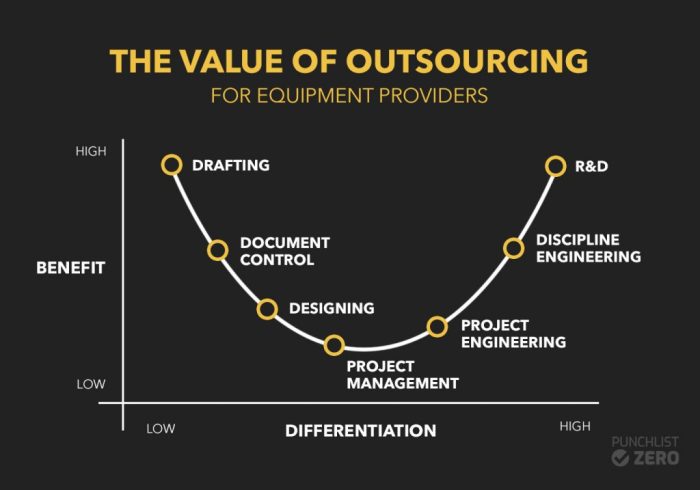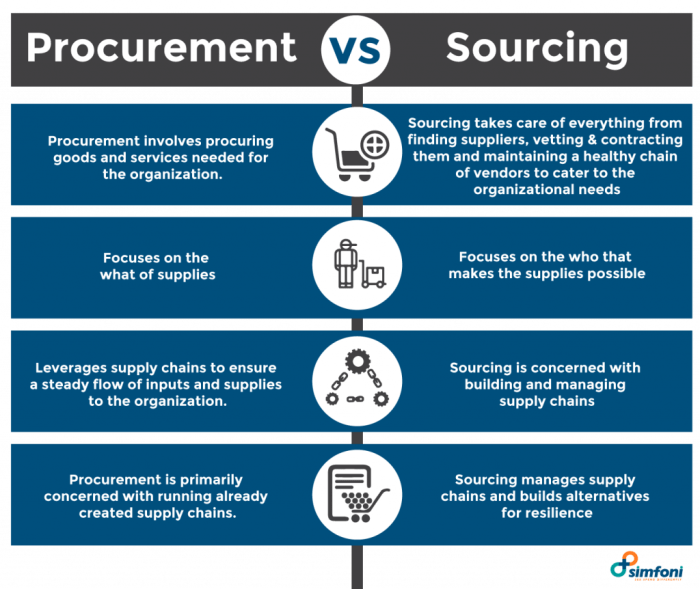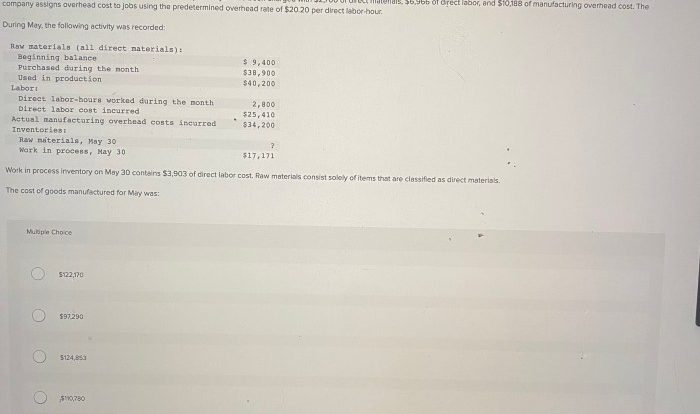Outsourcing some production is a means of supporting a constraint, a strategic business practice that has gained significant traction in recent times. By leveraging external resources, organizations can mitigate production limitations and optimize their operations. This introductory paragraph provides a concise overview of the topic, highlighting the potential benefits and applications of outsourcing production.
Outsourcing production offers numerous advantages, including cost savings, improved efficiency, enhanced quality, and increased flexibility. However, it also presents certain challenges that must be carefully considered, such as quality control issues, intellectual property theft, and communication barriers. This comprehensive guide delves into the intricacies of outsourcing production, exploring its benefits, considerations, challenges, and real-world applications.
1. Understanding the Constraint: Outsourcing Some Production Is A Means Of Supporting A Constraint

Outsourcing production is a strategy employed to address constraints that limit a company’s ability to meet production demands. Constraints can arise from various factors, such as limited production capacity, high labor costs, or inefficiencies in production processes.
Examples of common constraints faced by businesses include:
- Insufficient production capacity to meet increasing demand
- High labor costs in the domestic market
- Outdated production equipment or inefficient processes
- Lack of skilled labor or specialized expertise
These constraints can significantly impact production capacity, increase costs, and reduce overall efficiency, hindering a company’s ability to meet market demand and achieve profitability.
2. Benefits of Outsourcing Production

Outsourcing production offers several benefits that can help businesses overcome constraints and improve their overall performance:
Cost-saving advantages, Outsourcing some production is a means of supporting a constraint
- Lower labor costs in countries with lower wages
- Reduced overhead expenses associated with maintaining production facilities
- Elimination of costs related to employee benefits, training, and recruitment
Improved production efficiency and quality
- Access to specialized expertise and advanced technologies
- Increased production flexibility to meet changing demand
- Improved quality control through rigorous supplier selection and monitoring
Flexibility and scalability
- Ability to scale production up or down quickly to meet market fluctuations
- Reduced investment in fixed assets and infrastructure
- Increased agility to respond to changes in technology or market trends
Frequently Asked Questions
What are the primary benefits of outsourcing production?
Outsourcing production offers several key benefits, including cost savings, improved efficiency, enhanced quality, and increased flexibility.
What are the potential challenges associated with outsourcing production?
Outsourcing production can present certain challenges, such as quality control issues, intellectual property theft, and communication barriers.
How can businesses mitigate the risks associated with outsourcing production?
To mitigate risks, businesses should conduct thorough due diligence, establish clear contracts, and maintain open communication with outsourcing partners.


